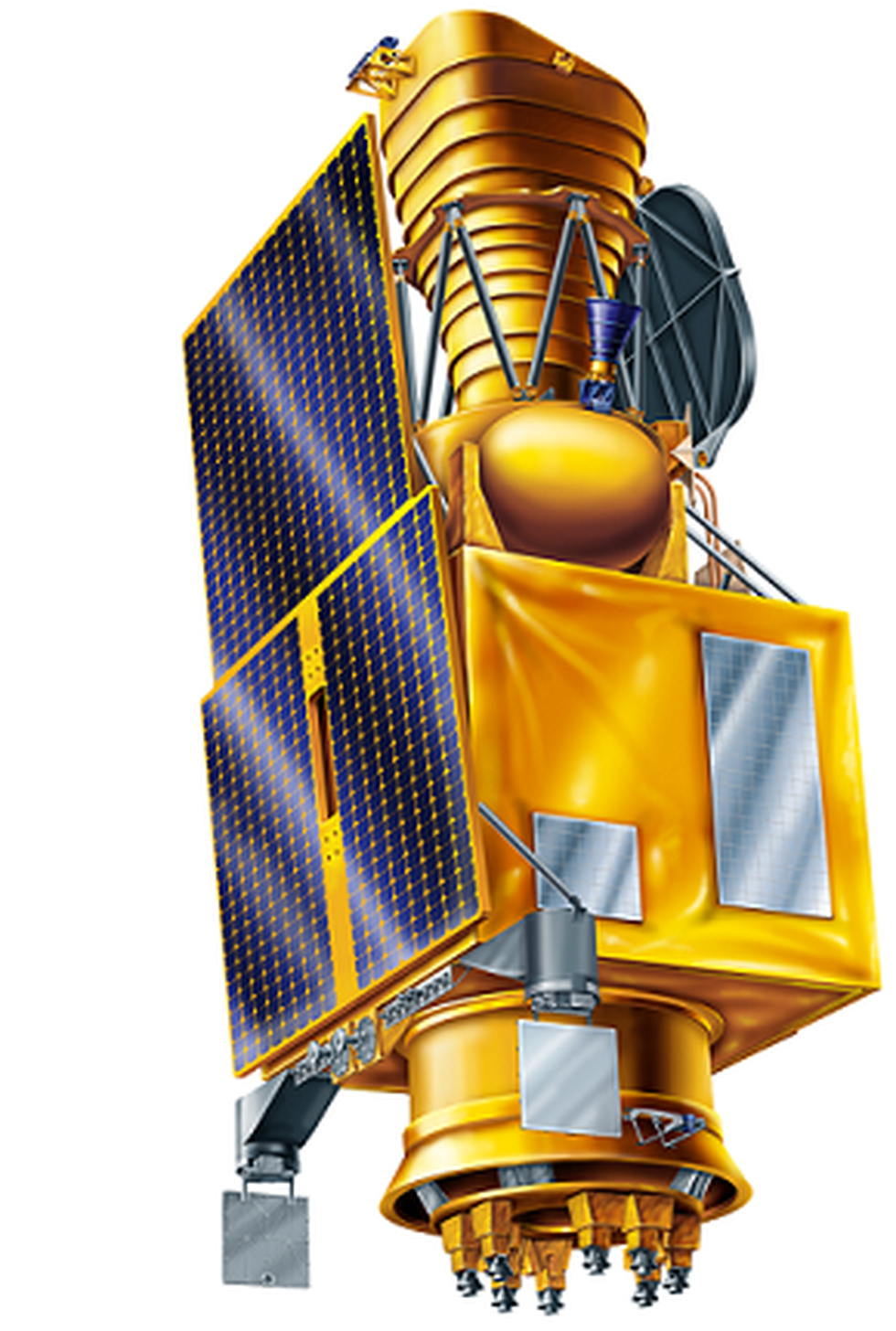About ULTRASAT:
- ULTRASAT is an ultraviolet observatory with a large field of view, that will investigate the secrets of short-duration events in the universe, such as supernova explosions and mergers of neutron stars.
- It is planned to launch into a geostationary orbit around Earth
- NASA will provide the launch opportunity, Flight Payload Adapter, and other launch-related responsibilities for ULTRASAT.
What is a geostationary orbit?
- Satellites in geostationary orbit (GEO) circle Earth above the equator from west to east following Earth’s rotation – taking 23 hours 56 minutes and 4 seconds – by travelling at the same rate as Earth.
- This makes satellites in GEO appear to be ‘stationary’ over a fixed position.
- To perfectly match Earth’s rotation, the speed of GEO satellites should be about 3 km per second at an altitude of 35 786 km. This is much farther from Earth’s surface compared to many satellites.
- This particular orbit is used for meteorological and communications satellites.
- The geostationary orbit is a special case of the geosynchronous orbit, which is any orbit with a period equal to Earth’s rotation period.
